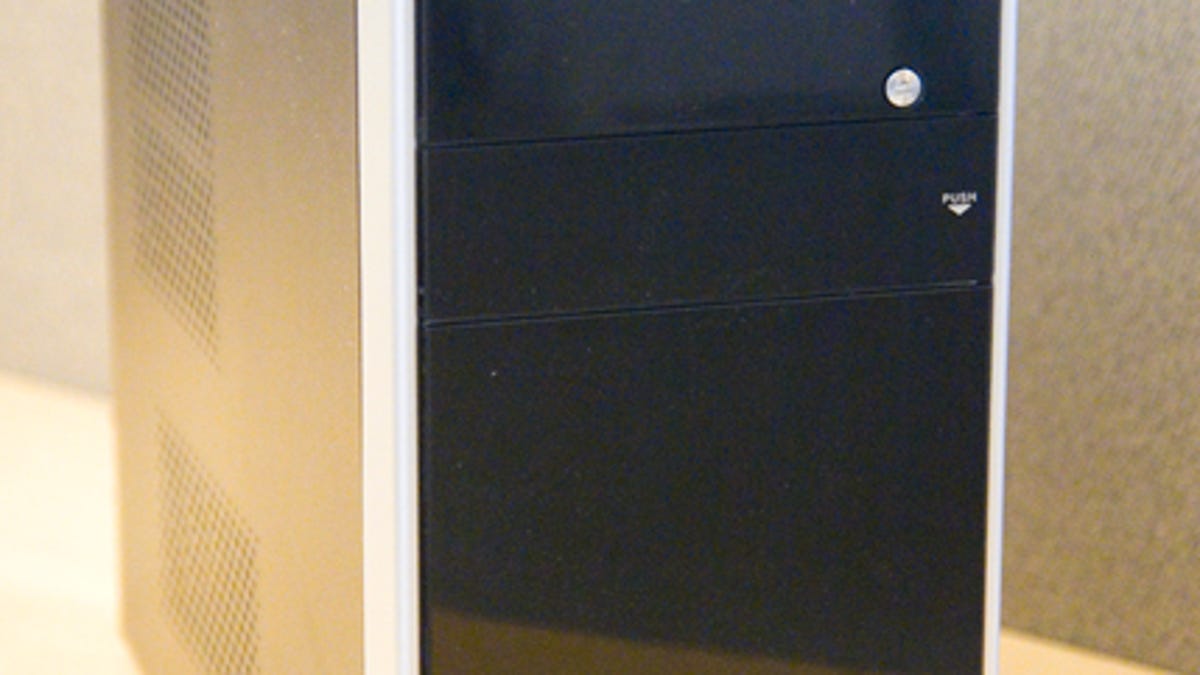Psystar placing its trust in antitrust
Lawyers for Mac clone maker Psystar have said they are considering raising antitrust questions in their defense of the company against a lawsuit filed by Apple.

Lawyers for Mac clone maker Psystar have confirmed they have hired the A-Team in order to battle Apple.
That's "A" as in antitrust, according to Computerworld. Psystar has retained Carr and Ferrell to fend off an Apple lawsuit over the Open Computer, and one lawyer for the firm sought to shift the focus away from copyright and trademark violations to software licensing agreements, or EULAs, and antitrust concerns.
If you've been paying attention to the Psystar saga, this shouldn't come as a surprise.Legal experts interviewed months ago told us that Psystar really has little choice, since the copyright and trademark violations appear to be so clear-cut. After all, if you're marketing your product's ability to run another company's product, without approval to use that trademark and in defiance of the licensing agreement for that product, you had to expect a fight.
Psystar's only real hope is to either convince the legal system that a software licensing agreement is a nebulous concept that allows software companies to get away with anything they want (relatively possible) or to prove that Apple is harming consumers and competition by only allowing its software to be installed in its hardware (somewhat harder).
These will be expensive, time-consuming defensive maneuvers that once again raise the question of just how Psystar intends to afford a high-profile defense. In June, Rudy Pedraza of Psystar told me the company had sold "thousands" of Open Computers, which at $549 a pop might pay for a few hours of Carr and Ferrell's time. Does Psystar have a sugar daddy?